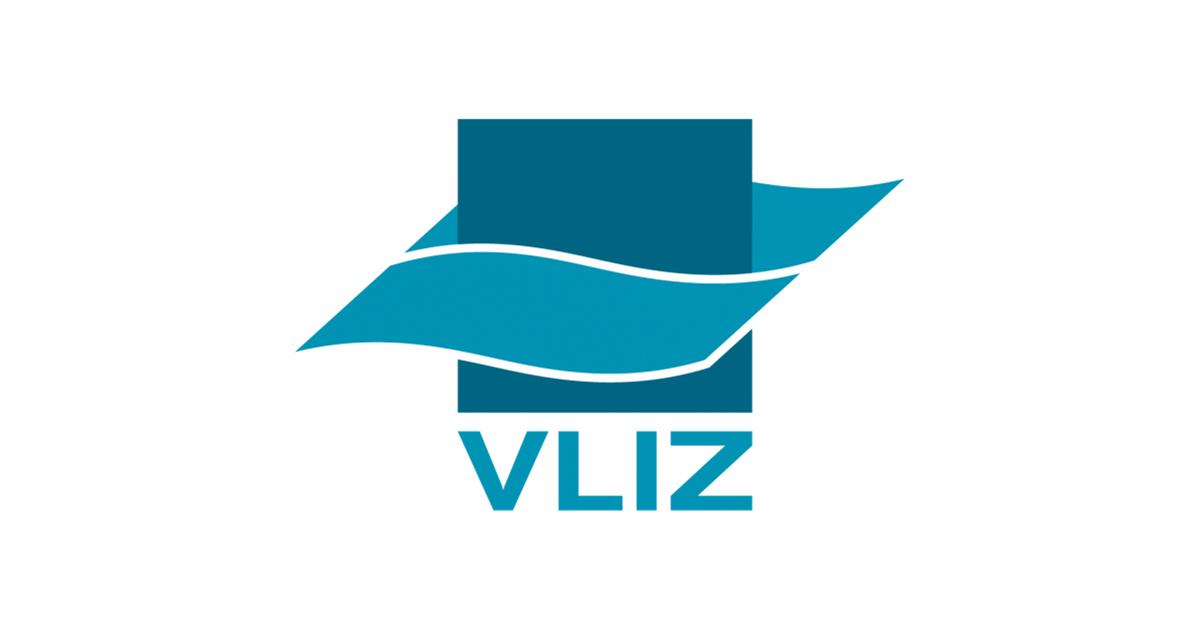Join the Flanders Marine Institute (VLIZ) research department as a researcher for the Strategic Basic Research project ‘DISARM’, which aims to develop a scientific approach for risks and management of munition dumpsites at sea. You will perform research on the properties and behaviour of biogenic gas in shallow sediments in the region of the Paardenmarkt munition dumpsite.
Researcher in Marine Shallow Gas
The Paardenmarkt is one of the many munition dumpsites in our seas and oceans. A few metres below the seafloor, ca. 35.000 tons of chemical munition from WW1 are buried. Up to now, research of this dumpsite has been very fragmented, and many uncertainties remain. VLIZ coordinates the ‘DISARM’ project (2020-2023) in close collaboration with Flemish and federal research institutes, which aims to address knowledge gaps and develop an integrated scientific approach to support risk assessment and management of marine chemical munition dump sites.
One of the uncertainties regards shallow gas. The Paardenmarkt region is marked by biogenic gas in the shallow sediments. Little is known about the gas, yet this information is crucial since it may affect corrosion processes, microbiological communities, spreading of toxicants, fresh/salt water fluxes, etc. The objective is to sample the gas in the sediment and water column on different locations near the dumpsite and analyse the gas, which should provide information on the concentration and chemical composition. Multisensor core logging is envisaged to estimate basic physical properties of the gas charged sediments. The possibility to install gas sensors on an unmanned surface vehicle (USV) or AUV (Autonomous Underwater Vehicle), to obtain stationary time series, will also be investigated.
Job Role
- A challenging job in the dynamic environment of VLIZ.
- A contract for a minimum of 18 months as a researcher. The salary follows the salary scales of scientific personnel in the Flemish Government.
- Fringe benefits: holiday pay, end-of-year bonus, meal vouchers, bike allowance, free public transport for home-work commuting and an attractive holiday arrangement.
Main Responsibilities
- To acquire samples at sea (sediment cores and seawater)
- To perform geochemical analysis of gas (GC-MS)
- To perform core logging (multisensor, CT scanning)
- To perform sedimentological / mineralogical analysis
- To analyse gas bubbles (relationship with acoustic data)
- To assist with surveys at sea
- To write reports and high-quality scientific paper(s)
- To participate in project meetings
- To interact and collaborate with project partners
- To present results at national/international conference(s)
Qualification
- MSc or PhD in Geosciences or Chemistry
- Critical and creative
- Scientifically integer
- Open minded and taking initiative
- Strong interpersonal skills, a motivated team player
- Willing to learn new skills on a regular basis
- Good oral and written English communication skills
- Academic writing skills
- Research expertise in marine shallow (methane) gas
- Experience with geochemical gas analysis
- Experience with coring and sampling at sea
- Experience with core logging and core analysis
- Knowledge of seismic data interpretation and hydro-acoustics
Deadline 10th November
For more information, visit the VLIZ website





